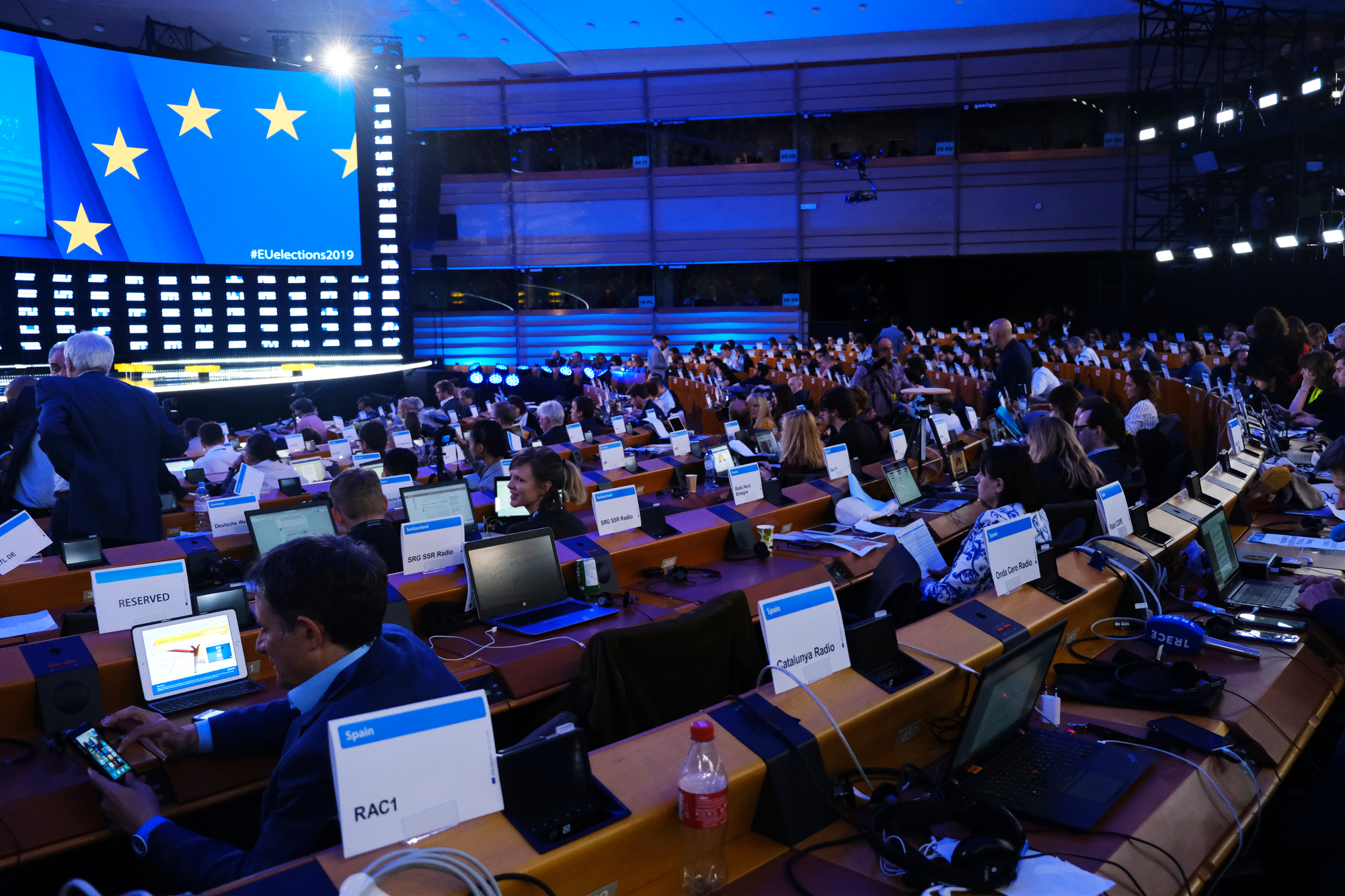Once is not custom, the legislators did not wait for a disaster to occur to take the lead.
Because if it is true that fake news generated by artificial intelligence is already circulating more and more, the European Union is indisputably more rigorous with artificial intelligence than at the beginning of social networks. This new rule, which would be part of a larger package, aims to combat misinformation in general, but with a strong eye towards the Kremlin.
Regulating the tech giants…
After the infancy of the beginning, the European Union has flexed its muscles on numerous occasions by inflicting colossal fines on GAFAM each time they did not comply with the rules of the continent, especially in terms of data security and privacy. But in recent months, tackling disinformation and hate speech online seems to have taken top priority for European lawmakers. Thus, the code of good practices in the fight against disinformation, initially voluntary and non-binding, will become mandatory from August. A code that Musk’s Twitter has already announced that it refuses to respect.
But it now seems obvious that any new regulation on disinformation cannot be credible without including a section on artificial intelligence. And to this end, the EU has asked major companies in the sector, such as Google, Facebook, or even Microsoft, to act quickly so that any content generated by AI on their respective platforms is clearly marked as such, by means of a label under the video for example. A possibility that already exists according to Sundar Pichai, CEO of Google.
… and fight against Russian disinformation
The fight against disinformation in general does not need to be justified. However, these new measures still seem clearly directed towards Moscow. If the Russians did not wait until last year to embark on fake news, the phenomenon has clearly grown since the country considers Europe as openly hostile. Vera Jourova, Vice-President of the European Commission, made no secret of this: “It’s not a business like any other: what the Russians want is to undermine the support of European public opinion in favor of supporting Ukraine”.
Moreover, the EU’s recommendations are not limited to AI: social networks in general, and Facebook in particular, have also been strongly encouraged to strengthen their moderation teams in the platform’s minority languages, particularly targeted by Russian efforts. An area in which Facebook is historically catastrophic.
Sources: The Guardian, Politico

1